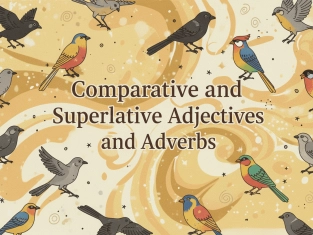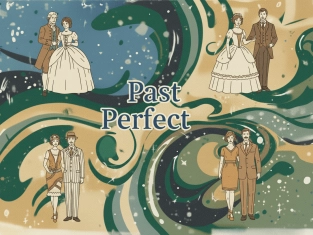Third Conditional
Table of Contents
Exercises
Explanation
1. Structure
If clause (condition)
If + Past Perfect (had + V3)
Main clause (result)
would / could / might + have + V3
Examples:
-
If I had studied more, I would have passed the test.
(But I didn’t study, so I didn’t pass.) -
If she had left earlier, she could have caught the bus.
(She left late, so she missed it.) -
If they had listened, they might have understood the instructions.
You can change the order:
-
We would have enjoyed the trip if the weather had been better.
Comma rule:
Use a comma only if the sentence starts with If…
2. When Do We Use the Third Conditional?
A. To imagine a different past
We talk about a situation that is finished and cannot be changed.
-
If I had taken my umbrella, I wouldn’t have got wet.
B. To express regret or disappointment
-
If he had apologized, I would have forgiven him.
-
If I had known about the event, I would have joined you.
C. To criticize someone’s past action
-
If you had checked the map, we wouldn’t have been late.
D. To give advice about the past (using “should have”)
-
You should have asked for help.
-
I should have saved more money.
3. Using Different Modal Verbs
You can replace would with other modal verbs to show meaning:
|
Modal verb |
Meaning |
Example |
|
would |
certain result |
If she had called, I would have answered. |
|
could |
ability or possibility |
If we had left earlier, we could have avoided traffic. |
|
might |
a small possibility |
If he had tried harder, he might have improved. |
4. Questions in the Third Conditional
Use a wh-word + would have + V3.
-
What would you have done if you had been there?
-
Where would you have gone if you had had more time?
5. Alternatives to if
Sometimes we use other words with similar meaning:
-
Unless (= if not)
They wouldn’t have succeeded unless they had worked together. -
In case
In case she had needed help, we would have supported her. -
On condition that
He would have stayed on condition that they had treated him fairly.
Quick Summary
|
Meaning |
Form |
Example |
|
Imaginary past result |
If + Past Perfect → would / could / might + have + V3 |
If I had seen you, I would have said hello. |
The Third Conditional helps us talk about lost opportunities, past mistakes, and unreal situations. It’s useful for storytelling, reflection, and expressing how things could have been.

